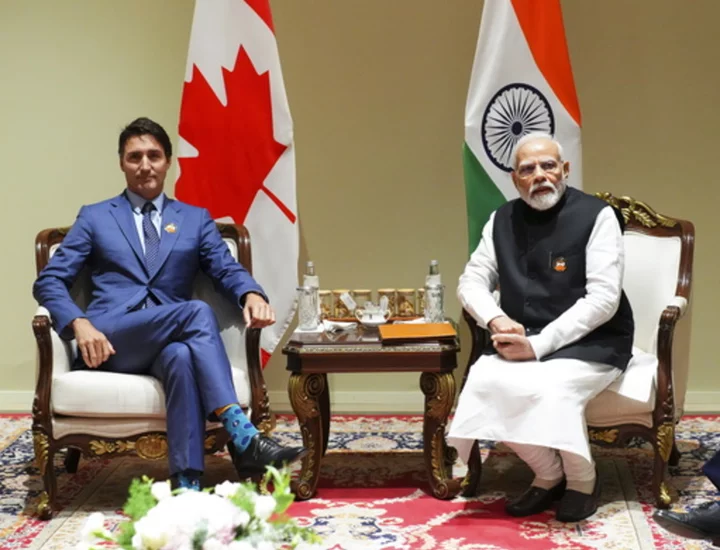By Gergely Szakacs
BUDAPEST Poland's government must ensure its fiscal policies support the fight to bring inflation down, the International Monetary Fund's regional head told Reuters, days after fresh pre-election pledges of welfare hikes by Poland's ruling nationalists.
Law and Justice (PiS) party leader Jaroslaw Kaczynski announced on Sunday that an existing so-called '500+' child benefit would be increased from January if PiS wins elections due in either October or November.
Geoff Gottlieb, the IMF's Senior Regional Representative for Central, Eastern and South-Eastern Europe, warned of the potential for fiscal policy to fuel inflation and so force monetary policy to remain tighter for longer.
"We think Polish fiscal policy can do more to help reduce inflation," he said in an interview. "A new fiscal impetus would likely add to inflationary pressures and could also necessitate additional monetary policy tightening."
Referring specifically to the proposed 500+ welfare hikes, he said they were not the most efficient way of helping poorer households because eligibility was universal, reducing the amount available to those most in need.
"To help the most vulnerable offset their loss of purchasing power, our recommendation to governments is to prioritize temporary support, targeted at the most vulnerable, ideally in the form of cash transfers," he said.
The 500+ programme helped PiS to election victory in 2015. With price growth in emerging Europe's largest economy in double-digit territory, private sector economists have warned of the proposed measure's inflationary risks.
After leaving the benchmark rate on hold at 6.75% last week, central bank governor Adam Glapinski said he hoped there would be a chance to start discussing rate cuts late this year, though the bank had not formally slammed the door on rate hikes.
Gottlieb said Polish inflation, running at about 6 times the target level, would slow "very gradually," returning to target only by end-2025, raising the risk that inflation expectations become de-anchored, and high inflation becomes entrenched.
"Our recommendation is for the (Monetary Policy Council) to resume monetary policy tightening if key indicators - core inflation momentum, wage growth, and the economy - fail to slow as projected," he said, urging the MPC to make clear that talk of cuts was premature.
The European Commission projects Poland's average inflation rate at 6% next year, the highest in the European Union, retreating from nearly twice that level expected this year.
(Reporting by Gergely Szakacs; editing by Mark John and Christina Fincher)









